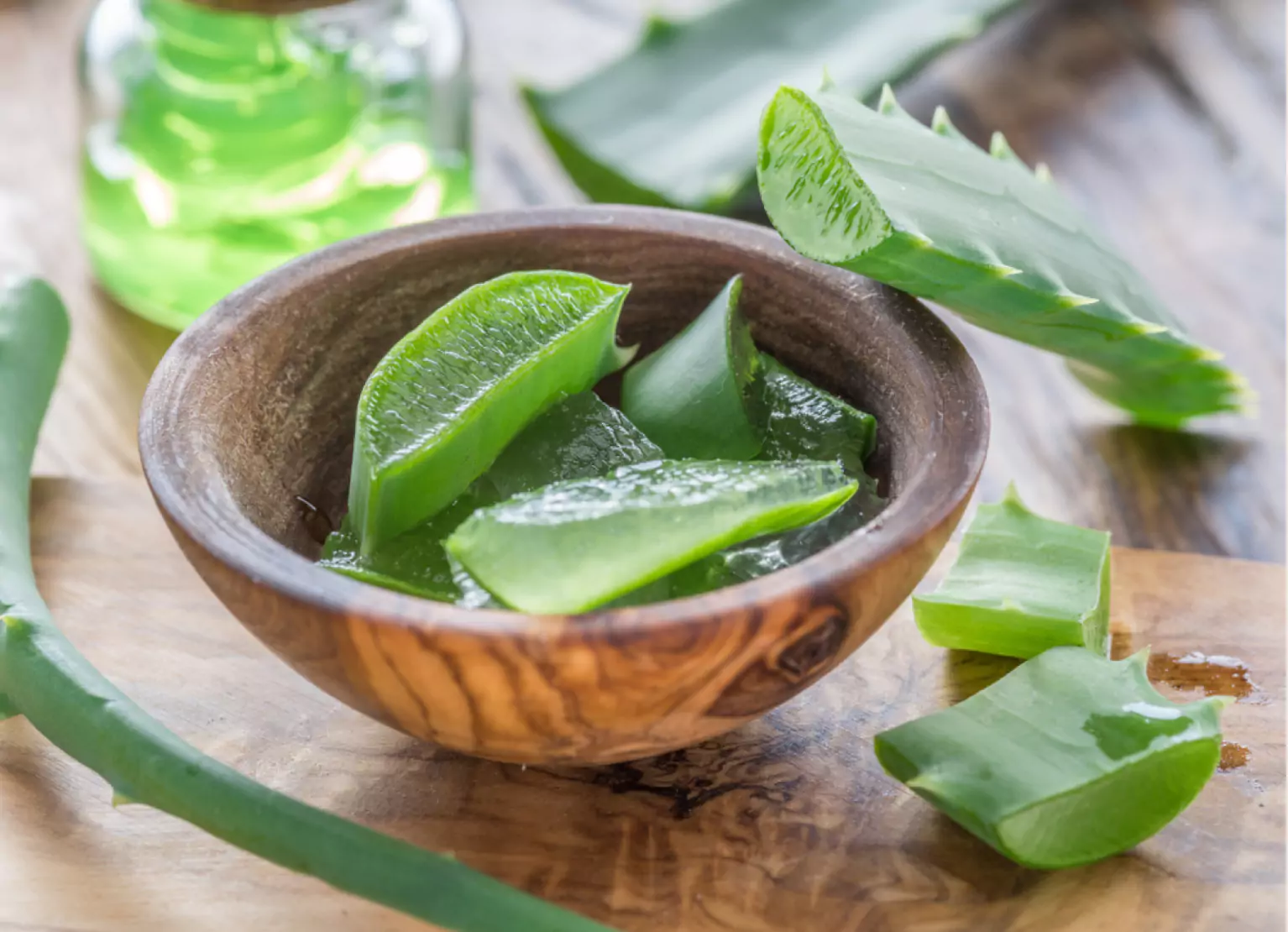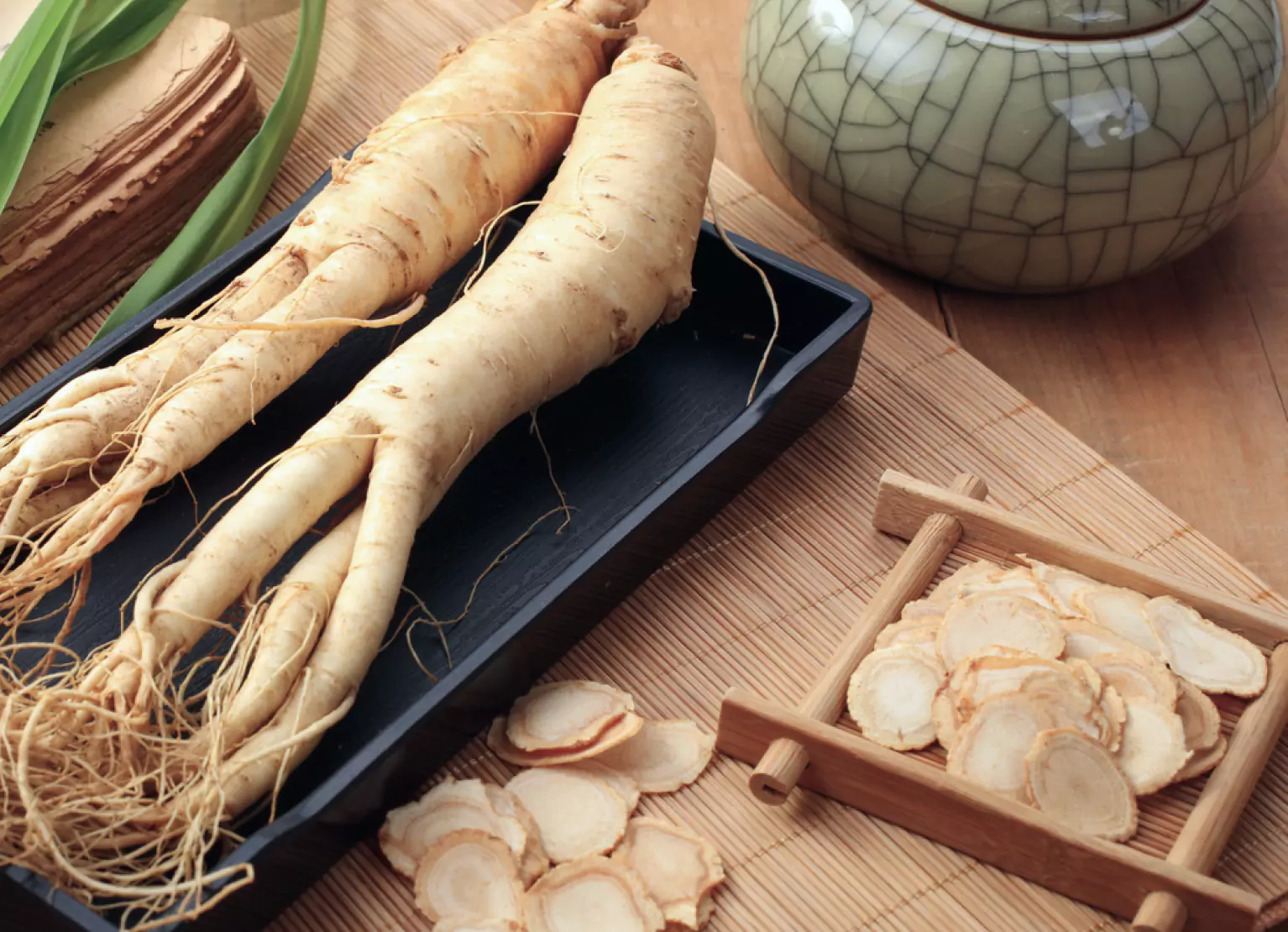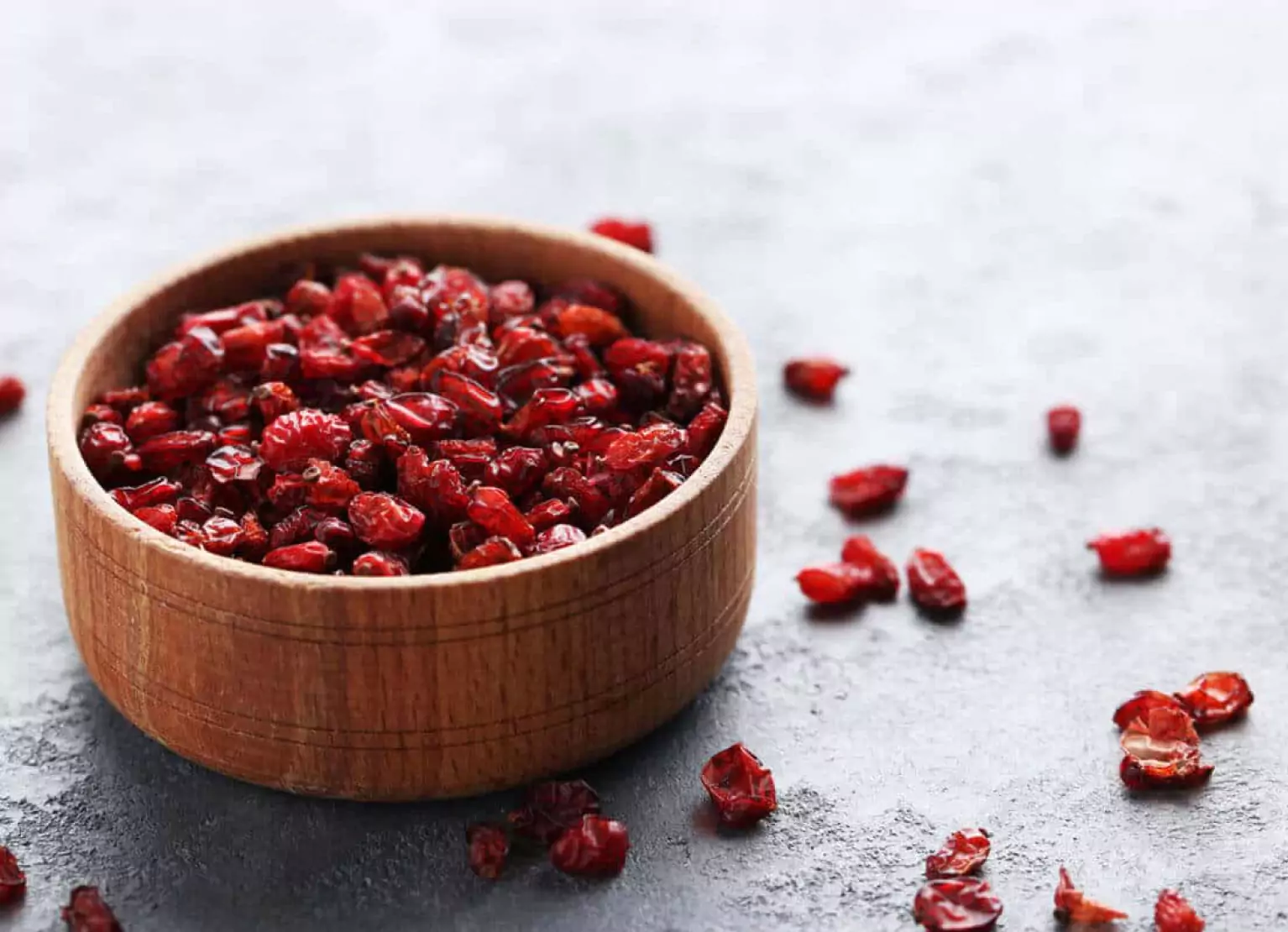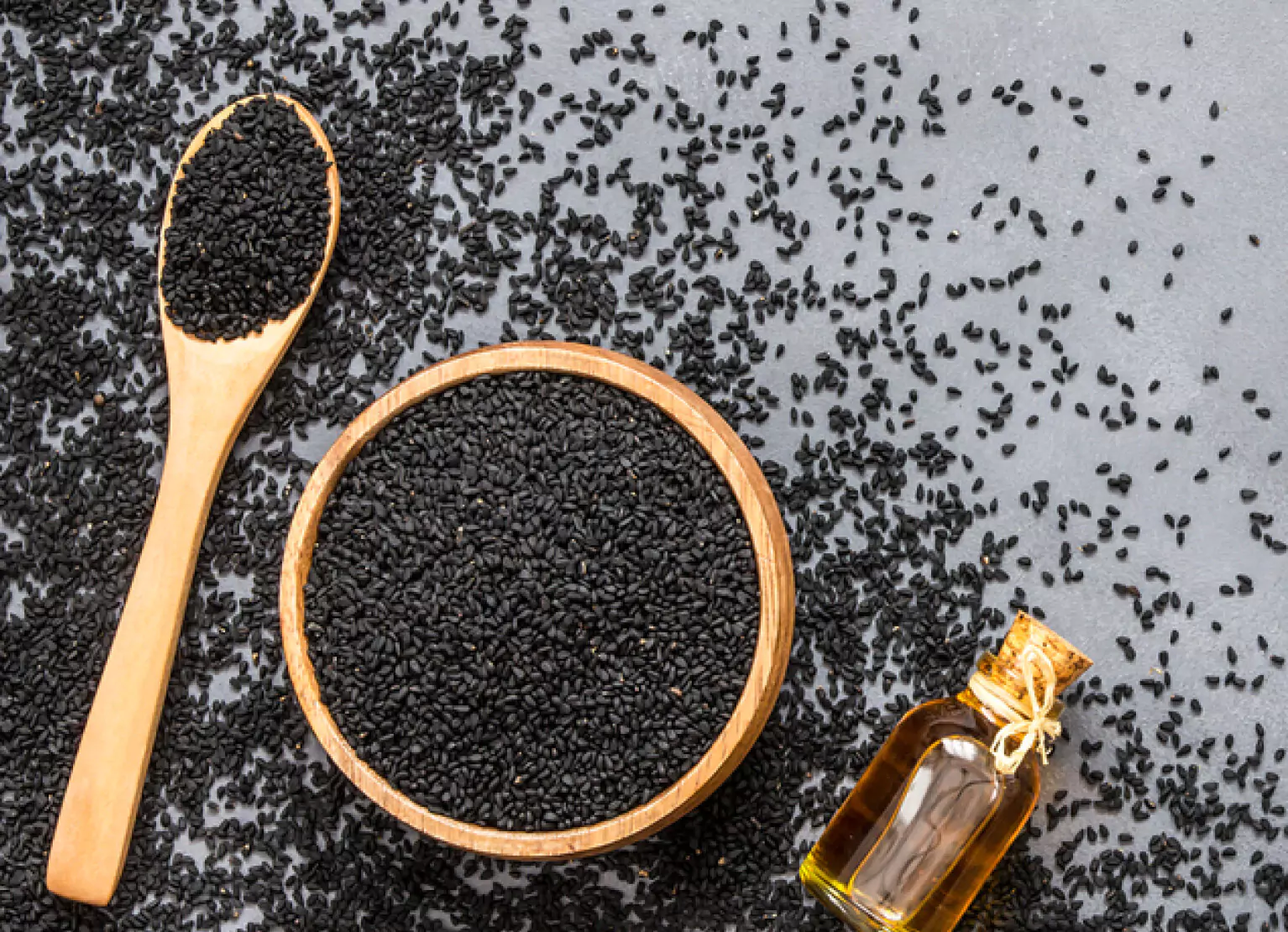7 Plant-Derived Supplements to Help Lower Blood Sugar

Key Takeaways
When it comes to managing or lowering your blood sugar levels, diet and exercise should be the first strategy, but some supplements have the potential to help lower blood sugar. From ginseng to aloe vera, many of these come from the most natural source—plants!
But remember, there are also other strategies to help lower blood sugar naturally, so consider trying those before turning to supplements.
Consider This Before Taking Supplements
Remember, natural does not always mean safe, so it is essential to use caution when starting any new supplement, even if it comes from a plant.
There are many considerations when taking a supplement, including:
- How it was prepared
- The form in which you consume it, and
- The dose of the active ingredient
In addition, it’s best to consult with a healthcare professional like a doctor or dietitian before taking a supplement.
Since they’re not regulated by the Food and Drug Administration, there can be some concerns regarding the quality and safety of dietary supplements.
Another thing to consider is the research. Much of the research on blood sugar levels and glycemic control is in patients with type 2 diabetes. There is less research on these supplements in people with more normal glucose levels, which is also an important consideration. As with anything that has the potential to lower glucose, there are some risks to consider. For example, there's the risk of your blood sugar going too low or hypoglycemia.
In addition, there is always the potential for interactions between the supplement and any medications. So check with your doctor before taking these supplements.
7 Best Plant-Derived Supplements
When it comes to encouraging lower blood sugar levels, not all supplements are created equal. In addition to helping with blood sugar levels, some of the following supplements have additional benefits, supporting things like insulin sensitivity, cholesterol levels, blood pressure management and even weight loss.
Here are some of the best supplements to help avoid high blood sugar and encourage blood sugar control.
1) Aloe Vera

Aloe Vera is a cactus-like plant that usually grows in hot and arid climates. It has been used as a topical treatment for skin conditions for years. Still, more recently, there has been some research looking at its use as an oral supplement for conditions such as irritable bowel syndrome and ulcerative colitis. It can also be helpful for diabetes care.
Studies involving rats show there could be a reduction in glucose related to possible antioxidant mechanisms, enhancing glucose uptake, and may also improve intestinal permeability.
When it comes to lowering blood sugar levels, some evidence shows that taking aloe vera can help lower fasting blood sugar. Here’s some you should know about:
- This double-blind, placebo-controlled study involving 70 participants with prediabetes showed a significant decrease in fasting glucose in the group receiving 300 and 500 milligrams of aloe vera compared to the control.
- This meta-analysis of people with prediabetes and non-treated diabetes included five studies and showed reductions in fasting blood glucose and hemoglobin A1C in the aloe vera group.
- Another meta-analysis involving nine studies showed a decrease in fasting blood glucose and hemoglobin A1C in the aloe vera group compared with the control.
- Research on patients with prediabetes and diabetes is promising, but there is less research on someone with normal or slightly elevated glucose values.
- The form of aloe vera varies between studies and may include juice, capsules, or powder—making it hard to determine what will provide the best results. It is also important to note that dose may be varied or used within a range like one study that used aloe vera extract at doses of 300-500 milligrams.
Aloe vera has three types of preparation methods, and one is aloe vera latex, which a latex allergy could contradict. Aloe vera gel is likely better tolerated by most people.
Some other possible side effects, when taken orally, include hypoglycemia, stomach pain, cramping, diarrhea, or liver problems.
Other Health Benefits
- Topical application a few times a day may improve acne and speed healing from sunburns
- There may be benefits for people with IBS or ulcerative colitis to take oral aloe vera.
2) Cinnamon

Cinnamon has been used as a spice for thousands of years and is a common ingredient in many recipes.
There are several varieties of cinnamon, including Ceylon and cassia cinnamon, and they are grown in different parts of the world. The spice also has a history of being used in traditional medicine.
There is evidence that cinnamon can help lower blood sugar. Here’s what some of the research on the spice and blood glucose levels says:
- A meta-analysis looking at the effect of cinnamon supplementation in patients with type-2 diabetes found a decrease in fasting blood sugar.
- A randomized controlled trial looked at the efficacy of cinnamon in patients with type-2 diabetes, and the patients receiving the cinnamon supplement had reductions in fasting blood glucose and hemoglobin A1C and improved lipids compared with the control group.
- Most of these studies look at individuals with type 2 diabetes, but some studies show there is no improvement in hemoglobin A1C in healthy adults.
- Some studies showed no improvement in glycemic indicators in people with type 2 diabetes.
Most of the studies are in patients with type 2 diabetes, and this should be a consideration for people wanting to try cinnamon to help lower their blood sugar. Cinnamon may not be as helpful in people with slightly elevated glucose or with normal fasting glucose levels.
Cinnamon is considered safe for most people, but cassia cinnamon does contain the compound coumarin, which can be toxic for the liver. Some people also experience side effects like nausea.
The amount of cinnamon used in this study was a 500-milligram capsule. Some of the studies used up to six grams of cinnamon per day, but three grams was typical.
In a nutshell: adding cinnamon to your diet is a safe choice for most people. But consuming large amounts of cassia cinnamon, which contains coumarin, may cause liver toxicity in some people.
Other Health Benefits
- Cinnamon has anti-inflammatory properties.
- It might help reduce cholesterol.
3) American Ginseng

American ginseng is a plant that is common in the forests of the eastern United States and is similar to Asian ginseng, also known as Panax ginseng.
Ginseng root has been used in Chinese medicine. When looking into ginseng and blood sugar research, many studies used American ginseng, but some of the research used Asian ginseng. Here’s what the evidence says:
- This study looking at ginseng extract and glycemic control in a population of people with prediabetes showed no improvement in fasting glucose in the ginseng group compared with the control group.
- Research on type-2 diabetes did show reductions in fasting blood sugar and hemoglobin A1C. However, the sample size here was small.
- A meta-analysis looking at the effect of ginseng on glycemic control found that ginseng did significantly improve fasting blood sugar in both people with and without diabetes. They noted that most of the studies were pretty short, with most less than 12 weeks long.
- This review of the research concluded that there might be a positive effect of ginseng on people with type 2 diabetes, but not necessarily on people with prediabetes or healthy adults.
- This study used one gram of ginseng per meal. It is important to remember that there are different ways of preparing ginseng. Some studies used hydrolyzed ginseng, others used steamed and air-dried ginseng, and others used fermented ginseng.
In general, ginseng is well tolerated by most people. When dealing with any natural substance, it is essential to remember that the active ingredient in the ginseng root will vary between plants, so there is no way to guarantee the amount of the active ingredient you will get when using this supplement.
Some side effects associated with ginseng include insomnia and anxiety. Some people may also experience nausea or vomiting.
Other Health Benefits
- It may help boost the immune system.
- It could reduce the risk of cancer.
- It may improve mental performance and wellbeing.
4) Bitter Melon

Bitter melon, or Momordica charantia, which is its scientific name, is a climbing vine native to Asia and Africa and is actually invasive in other tropical countries.
There are many bioactive compounds found in bitter melon, and some of them may possess potential biological actions, including lowering inflammation and possible glucose-lowering effects.
- Much of the research looking at the effects of bitter melon on glycemic control and other health benefits has been done in rodents.
- This study in rats suggests that bitter melon may affect beta cells of the pancreas to increase insulin secretion.
- There is a lack of randomized, placebo-controlled trials looking at the efficacy and safety of bitter melon. In addition, most of the research looks at the effects of bitter melon in people with type 2 diabetes.
- A study looking at patients with type 2 diabetes supplementing bitter melon for 12 weeks did show a slight change in fasting blood sugar but no change in hemoglobin A1c.
- Another study that showed some positive effects of bitter melon on glucose and improved insulin secretion included only 24 subjects.
- This study used 2000 mg/day of Momordica charantia, but the exact amount that will produce benefit is still unknown, and more research is needed.
Data on the safety of bitter melon comes primarily from research on animals. So there is not enough evidence to show that bitter melon is safe when consumed as a supplement.
It’s important to note that bitter melon has been consumed as a traditional medicine for hundreds of years. There are certain situations in which bitter melon is not advised, including pregnant women, patients with liver disease, and children.
There is also evidence that bitter melon may decrease fertility (per animal models), and there was a case of possible kidney toxicity.
Other Health Benefits
- It may have a beneficial effect on metabolic syndrome.
- It has anti-inflammatory properties.
- It can help in cancer prevention.
- It may be antimicrobial and antibacterial.
- Juice from a bitter melon may assist in wound healing.
5) Gymnema Sylvestre

Gymnema Sylvestre is located in Asia, Africa, and Australia and has been used as traditional therapy.
Recently, Gymnema Sylvestre has been researched as a tool for reducing sweet cravings and has glucose-lowering potential. It has been used in traditional medicine to treat everything from diabetes to snake bites.
Different parts of the plant, including the root, leaves, and stems, have all been used for various purposes.
- A study looking at the effects of Gymnema Sylvestre on a small sample of patients with impaired glucose tolerance (IGT) concluded that there was a reduction in A1C and two-hour oral glucose tolerance test compared with the control group.
- A meta-analysis looking at Gymnema Sylvestre supplementation in patients with type 2 diabetes showed it was effective in improving glycemic control (improving hemoglobin A1C and fasting glucose).
Most studies have used about 200-400 milligrams per day. There is evidence that high levels of Gymnema can cause liver toxicity, so caution is advised, especially for patients with liver disease.
Other Health Benefits
- Gymnema has been researched to treat arthritis, but most studies are in rats. It may be related to its anti-inflammatory properties.
- It may also help lower lipids.
- It could help decrease sugar cravings.
6) Berberine

Berberine alkaloids belong to a group of naturally occurring chemical compounds that contain mostly basic nitrogen atoms. Berberine is present in several plant species like tree turmeric and the European barberry.
There’s been some research on its various potential benefits, including its ability to help lower blood sugar levels.
- Studies in mice indicate that the mechanism of action for the glucose-lowering effect is likely to decrease intestinal glucose transporters, reducing glucose absorption.
- This study showed the glucose-lowering effects of berberine were similar to that of metformin (a common drug used to treat type 2 diabetes) in type 2 diabetes patients during a three-month trial.
- A randomized clinical trial involving 97 people examining the effects of berberine, metformin, and rosiglitazone (diabetes medication) for two months showed that one gram of berberine per day had similar glucose-lowering effects to the diabetes medications.
- This meta-analysis of randomized control trials using berberine to treat people with type 2 diabetes concluded that there is strong evidence that berberine is safe and effective in people with type 2 diabetes.
Many studies use 500 to 1000 milligrams of berberine per day, often taken in one to two doses with meals.
Berberine can interact with several medications. So it's essential to check with your physician before starting berberine.
It is generally safe in normal doses, but some animal studies and in vitro studies have shown that berberine can have toxic effects, which is more likely at higher doses.
Gastrointestinal side effects, including nausea and vomiting, can occur. Also, for people who have diabetes, it may increase the risk of hypoglycemia.
Other Health Benefits
- Reduction of cholesterol.
- There is some research on the anti-aging properties of berberine, but mostly all the research is on rodents, cell culture, and insects.
7) Nigella Sativa (Black Cumin)

Nigella Sativa (NS) is also called black cumin, black seed, black caraway, or fennel flower. It's grown for its aromatic seeds used as a spice and herbal medicine.
It’s found in Asia, the Mediterranean, and Africa and has a history of medicinal and culinary traditions. There seems to be some benefit of nigella sativa in many health conditions, including lowering glucose, but the benefit is small.
Most of the research on the glucose-lowering effects of Nigella Sativa is done on patients with type 2 diabetes. Some studies show a positive impact in lowering glucose.
- This pilot study involving a four-week trial of 30 healthy individuals receiving either Nigella Sativa powder or placebo showed no effect in lowering lipids or glucose. The number of people in the study was low, and the time frame was short, at only four weeks.
- Research comparing Nigella Sativa to metformin showed that the effects of lowering glucose in patients with type 2 diabetes were inferior to metformin.
- It is possible that using this supplement may be beneficial in patients with type 2 diabetes already on oral hypoglycemic drugs.
- This meta-analysis and systematic review of randomized controlled clinical trials suggest there is a benefit of NS in lowering glucose and lipids and biomarkers of oxidative stress.
- This study used 1350 milligrams a day, and in general, about one to three grams of black cumin is used for research.
There is less evidence that Nigella Sativa would benefit people without diabetes. However, there may be a lipid-lowering effect in this population. There do not appear to be any severe side effects from taking NS.
Other Health Benefits
- It can help reduce cholesterol levels.
- It may help reduce biomarkers of oxidative stress such as CRP, a protein made by your liver.
Find the right Nutrisense programto turn insight into progress.
Go Beyond Glucose Data with Nutrisense
Your glucose can significantly impact how your body feels and functions. That’s why stable levels are an important factor in supporting overall wellbeing. But viewing glucose isn't enough. Nutrisense, you’ll be able to learn how to use your body's data to make informed lifestyle choices that support healthy living.
One-to-one coaching
Sign up to access insurance-covered video calls to work with a glucose expert: a personal registered dietitian or certified nutritionist who will help tailor your lifestyle and diet to your goals.
Monitor and measure what matters
With the Nutrisense CGM Program, you can monitor your glucose with health tech like glucose biosensors and continuous glucose monitor (CGM)s, and analyze the trends over time with the Nutrisense App. This will help you make the most informed choices about the foods you consume and their impact on your health.
Find your best fit
Ready to take the first step? Start with our quiz to find the right Nutrisense program to help you take control.

Natalie received her degree in Dietetics from Mansfield University and a Master’s in Clinical Nutrition from the University at Buffalo. Her career has included nutrition education and program development in her local community, adjunct faculty at several collegiate institutions, and clinical nutrition in both inpatient and outpatient settings.




